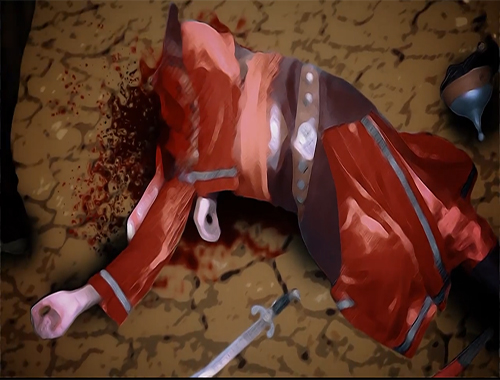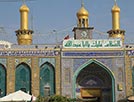Conditions that make one capable
- Details
- Hits: 1925
Conditions that make one capable
Capability is based on the factors mentioned below.
1) He should have the money to cover the expenses to and fro from Hajj. Should have means of transportation.
2) He should have sufficient physical strength to go for hajj and return.
3) There should be no obstacles that prevent him from travelling for Hajj. If he is apprehensive about the safety of his life, property and honour on the way to Hajj, he is not obliged to go for it.
4) He must have the time to complete the Hajj.
5) He must have sufficient funds to cover the expenses of his household till he returns. His household constitutes all those who are dependant on him. Whether their expenses are Wajib on him; like the wife and children or those whose expenses are not Wajib; like younger or elder brother who is himself poor and is sustained by him. Also the orphans that he has undertaken to maintain and the servants who are under his care.
6) He should not face difficulties regarding his livelihood upon returning from Hajj. He should have some income or profits from estates through which it would be possible for him to maintain his household expenses and not to bear hardships.
If one has missed Hajj due to carelessness he must perform it the next year, even if he does not have financial capability or has to bear hardships and problems. If in the subsequent years he is financially capable but suffers from a malady and there is no hope for its cure, he must send someone to perform Hajj on his behalf. He should fix a payment for the substitute and must also bear the expenses of his proxy. Even if he has not appointed a proxy and dies before it, his successors are obliged to send someone as a proxy and perform the Hajj of deceased. Special provision must be made in the property of the departed person even if he had not made a bequest in this regard. This provision should be made whether there remains any amount to be distributed among his inheritors or not and even if his successor is his child. This should be done, because to pay for the proxy Hajj of the deceased is as important as paying his debts. It is the foremost duty on the successor. After that if any amount remains it can be shared among the survivors.
In case the deceased had made a bequest for proxy Hajj the expense of the same must be deducted from the one-third portion of his wealth (Regarding which he is allowed to make bequest).
It should be noted that only one Hajj is obligatory in one’s life. After a person has performed the obligatory Hajj, it is Mustahab (recommended) for him to perform it every year, if he is capable of doing so. If all the above six conditions are fulfilled it is obligatory for the person to perform Hajj the same year. As already mentioned, postponing a Wajib Hajj for the next year is HarÄm and a Greater sin.











